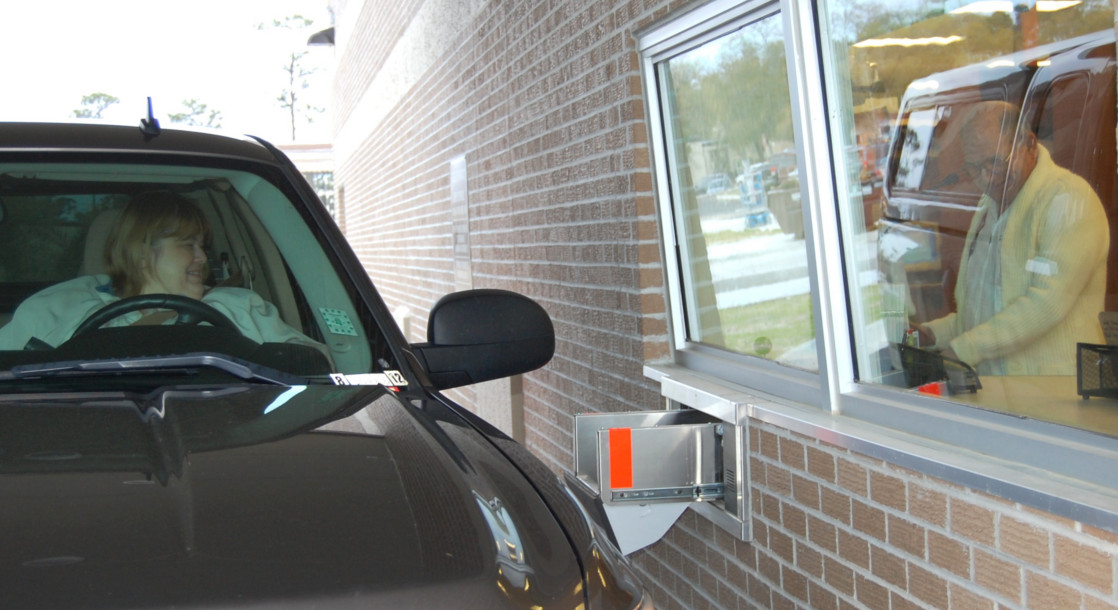Members of the Maine Legislature's Joint Select Committee on Marijuana Legalization Implementation will soon debate newly proposed regulations that would allow adults to purchase cannabis online or from drive-thrus. The proposed rules are part of a new bill that sets up a regulatory framework for cannabis cultivation, manufacturing, and sales. The bill will set guidelines and application fees for canna-businesses, and also proposes a 20% sales tax rate for legal cannabis.
Supporters of the regulations argue that these conveniences will help convince cannabis consumers to purchase legal products instead of turning to the black market. “Back in July, the committee agreed that delivery would help combat the black market,” said Paul McCarrier, president of Legalize Maine. “We know that convenience is one of the big reasons that somebody turns to the black market, but price is an even bigger one. That is our top priority, keeping it affordable for Mainers.”
Proponents have also argued that since these methods of purchase have been deemed acceptable for alcohol sales, they should be acceptable for cannabis sales as well. “If Maine allows it for alcohol, we see no reason why it shouldn’t be allowed for marijuana, the safer substance, so long as Maine puts in place reasonable regulations to protect public safety and the consumer,” David Boyer, director of the Maine chapter of the Marijuana Policy Project, said. “The voters want it regulated and taxed like alcohol. The rules should be the same.”
Other members of the committee believe that allowing online delivery and drive-thru purchases could make it easier for minors to obtain the drug, or could make it easier for traffickers to smuggle weed across state lines. Both of these outcomes could in turn draw unwanted interest from federal law enforcement. “Given the fact that about half the people in the state voted against legalization, I think we ought to go slow and be cautious in the beginning,” said state Sen. Roger Katz, co-chairman of the committee.
“But this is a legislative process,” Katz continued. “We reach decisions collectively. This is just a draft. I anticipate a vigorous debate. We’ve still got a ways to go yet.” The bill will be discussed at a public hearing next week, and will be debated by the committee on September 27th and 28th. If approved, the full Legislature will consider the bill next month.











